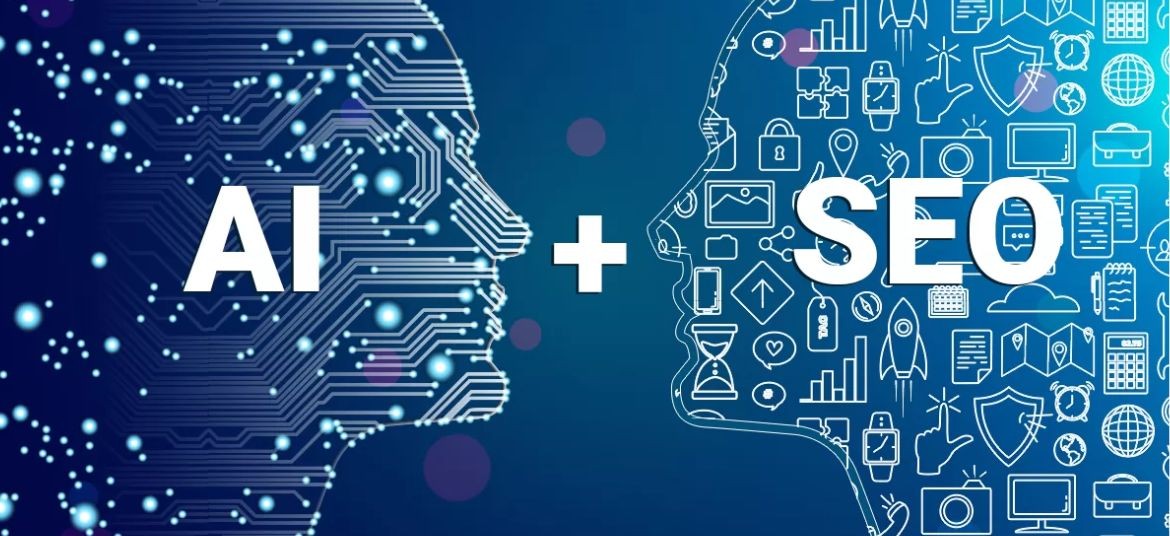 NEW: BrowserGrow.com is now available!
AI agents to grow your business & do your marketing on autopilot in your browser
NEW: BrowserGrow.com is now available!
AI agents to grow your business & do your marketing on autopilot in your browser

 NEW: BrowserGrow.com is now available!
AI agents to grow your business & do your marketing on autopilot in your browser
NEW: BrowserGrow.com is now available!
AI agents to grow your business & do your marketing on autopilot in your browser


In 2025, the pressure on B2B marketing teams is higher than ever. They are going through shrinking sales funnels, longer decision cycles, and growing competition in search. According to Gartner, nearly 80% of B2B interactions between suppliers and buyers will occur through digital channels this year. Thus, making organic visibility more important than ever before.
However, traditional SEO methods are often too slow, manual, or broad for the complex needs of B2B brands. That’s why more companies are now turning toward AI-powered SEO. It is a smarter, faster, and data-driven approach that aligns with how today’s buyers actually search and make decisions.
In fact, 51% of marketers are already using AI tools to support content optimization and keyword research. In short, it helps eliminate guesswork and bring precision into what was once an overly manual process.
So, why are B2B brands making the switch? Here are some key reasons that go beyond the hype. Dive into the article!
In B2B, you do not need ranking for more keywords. Simply put, modern SEO teams are moving away from chasing high-volume and generic terms. Instead of that, they are focusing on high-intent, low-competition keywords that align with very specific buyer needs.
AI tools now analyze:
User intent,
Buyer journey patterns, and
Competitor gaps in ways traditional tools can't match.
Accordingly, they suggest what works better. For example, instead of trying to rank for “project management software,” a smart B2B brand might go after:
“Project budgeting tools for construction firms”
“PM tools with built-in Gantt charts”
“Task allocation SaaS for remote teams”
These long-tail, intent-rich queries may have lower search volumes, but far higher conversion rates.
Writing B2B content is time-consuming, and winging it no longer works. From technical blogs to long-form landing pages, every piece needs to serve a real purpose. They must rank well, resonate with the buyer, and ultimately convert.
That’s why more companies are partnering with an AI SEO agency — expert-led teams who combine AI-powered keyword research, content optimization, and link-building strategies to deliver measurable B2B growth. A specialized SEO firm brings structure, insights, and automation to the process. For example, they do the following:
Score content quality and keyword alignment.
Suggest stronger meta titles and descriptions.
Recommend better header structure for scannability.
Identify missed internal linking opportunities.
Flag tone mismatches based on audience persona.
Moreover, you might have noticed the AI answers when you search for anything on the search engine. Such digital marketing firms also assist you in making your content rank in that too. This may also lead the AI to cite the name of your website.


In the B2B space, link building is less about quantity and more about contextual authority. AI tools now scan entire content ecosystems to suggest:
Relevant partners for outreach.
Pages with high citation value.
Niche directories and forums are worth targeting.
Rather than chasing backlinks blindly, brands can build strategic, high-value connections. This, as a result, improves domain authority and builds long-term trust.
Traditional SEO does not account for how different roles (like procurement officers vs. product managers) search differently. AI helps personalize Search Engine Optimization efforts by:
Tracking how different users engage with content.
Mapping behavioral data across devices and visits.
Creating intent-based funnel content per persona.
This makes it easier to segment campaigns by industry, role, or lifecycle stage, without manual effort. This efficiency in SEO, as demonstrated by RankinAI, can be seen in their ability to automatically track keyword ranks across hundreds of positions, allowing marketing teams to be more strategic while the system sends instant alerts.
Experience, Expertise, Authoritativeness, and Trustworthiness (E‑E‑A‑T) play a bigger role than ever in B2B SEO. AI can help brands stay aligned with these evolving standards by evaluating content against credibility benchmarks.
From citing credible sources to improving author bios, AI-powered audits now flag weak spots that could impact rankings. For regulated niches like legal services, a Law Firm SEO Expert can turn AI insights into compliant E-E-A-T upgrades—strong author creds, credible citations, legal schema, and third-party reviews—so authority compounds safely. It also helps build authority through entity recognition, topic clustering, and link equity mapping. Thus, ensuring your content consistently signals expertise within your niche.
As a result, you will find that the brands not only rank higher but also earn trust in SERPs, AI answers, and buyer research journeys—where credibility is just as important as visibility.


For B2B companies, SEO can no longer be treated as a slow, experimental add-on. With AI in the mix, it's becoming a fast, targeted, and scalable growth engine. The one that adapts to buyer intent, competitive pressure, and search trends in real-time.
If you're still relying on outdated tactics, now is the time to rethink your approach. For better results, partnering with an experienced firm makes a huge difference.